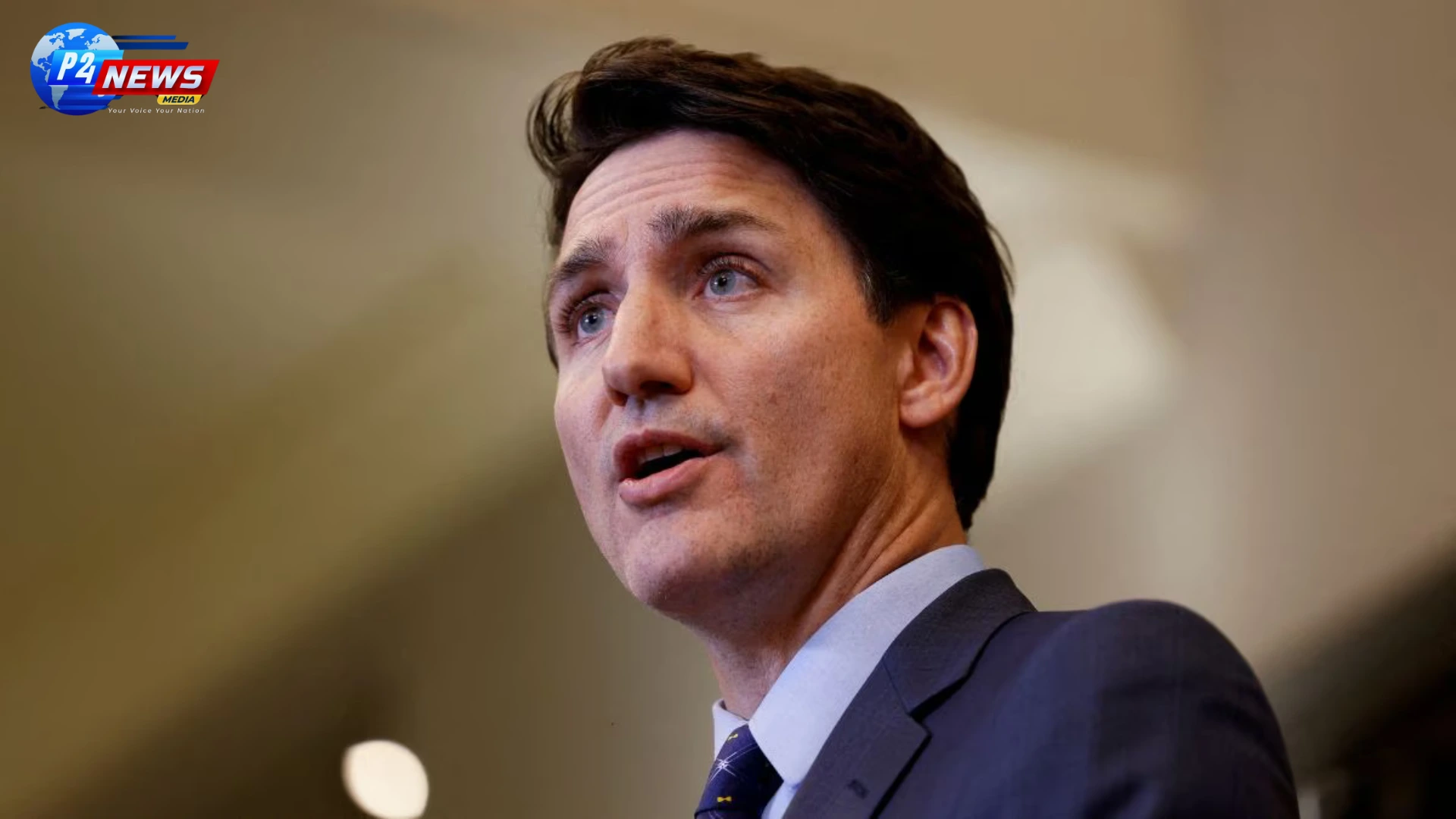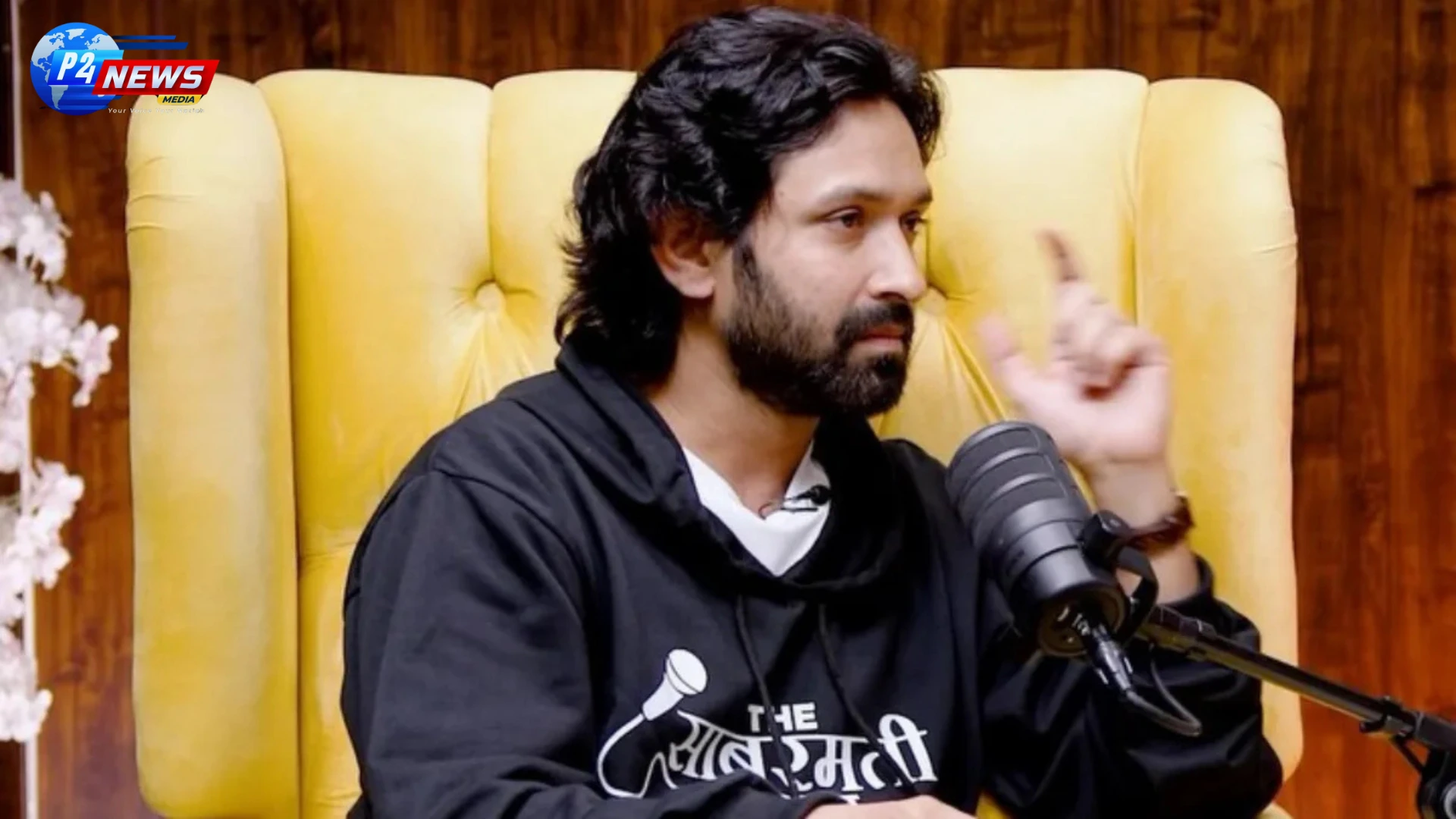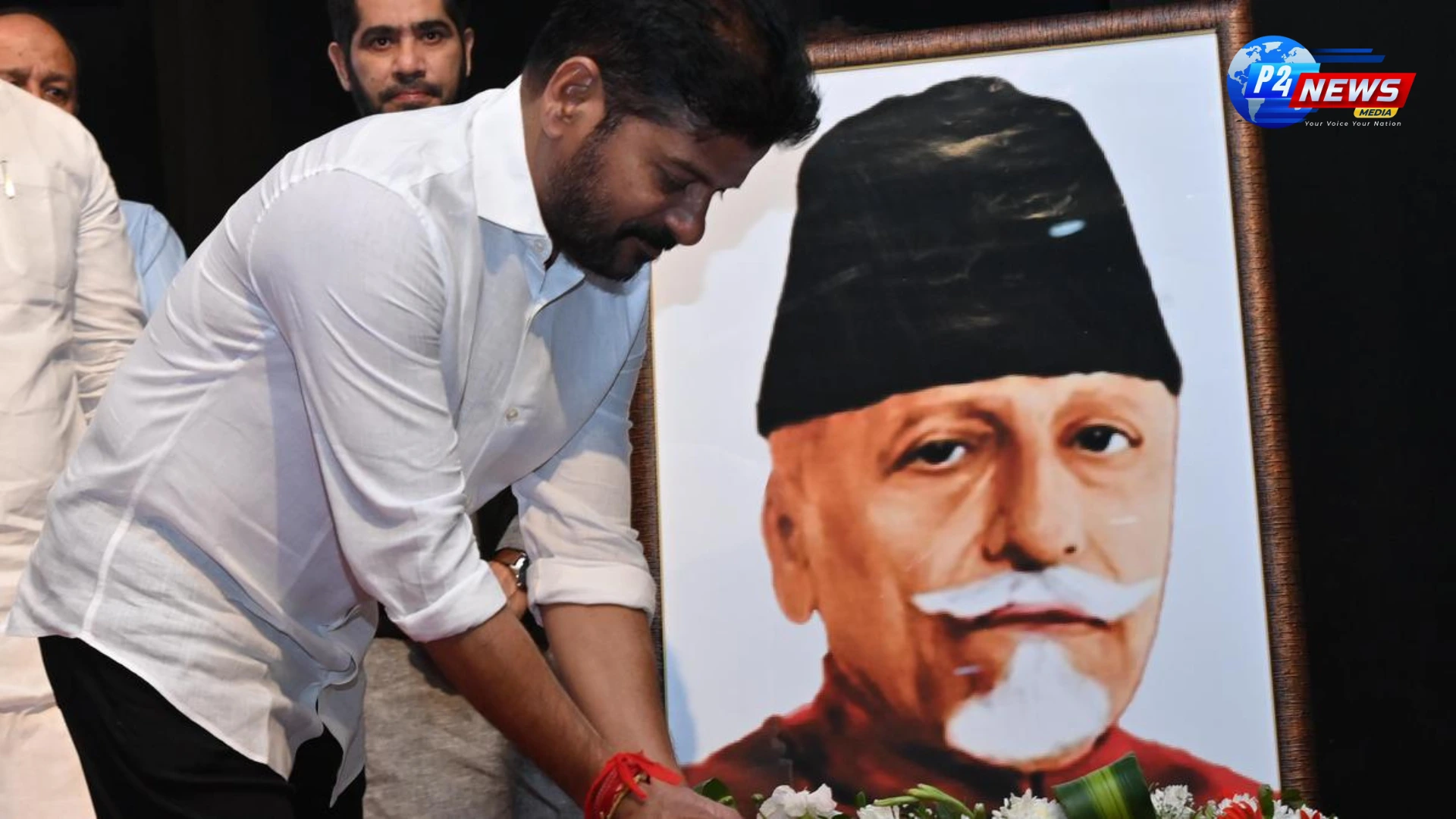In the wake of Donald Trump's election victory, Canada appears to be recalibrating its approach towards India and Khalistani separatism. With Prime Minister Justin Trudeau's government facing pressure to maintain strong diplomatic ties with the United States, which supports India's stance against Khalistani elements, questions arise about whether this shift is genuine or merely a reaction to potential changes in US foreign policy.
Introduction
In light of recent events, the dynamics of Canada-India relations are under scrutiny. The election of Donald Trump has prompted a noticeable shift in Canada’s stance towards India's concerns regarding Khalistani separatism.
Canada’s Prior Stance on Khalistani Activities
Historically, Canada has been viewed as a safe haven for Khalistani separatists. Prime Minister Justin Trudeau’s administration has faced criticism for its perceived inaction against individuals promoting separatist movements against India from Canadian soil. This lack of a decisive stance has strained relations between Ottawa and New Delhi for several years.
A Shift in Tone Following Trump’s Election
With Trump's recent victory, Canada's government is appearing to take a more conciliatory approach. Prime Minister Modi’s long-standing relationship with Trump places India in a favorable position, potentially prompting Canada to reassess its previous support for elements that challenge India's sovereignty.
Recent Arrests Indicating Change
Recent arrests of individuals linked to the Khalistani movement suggest a shift in enforcement. Arshdeep Singh Gill, known as Arsh Dalla, was apprehended following a shooting incident, signaling a crackdown on Khalistani activities in Canada. This rapid action contrasts sharply with Canada’s earlier tolerance and may indicate a new policy direction.
The Unfolding Events
The investigation surrounding the incident reflects the urgency with which Canadian law enforcement has started to address issues related to Khalistani groups. A series of related arrests have highlighted a growing resolve to confront individuals associated with violence linked to these separatist movements.
The Broader Implications of Canada’s Response
The change in Canada’s approach is multifaceted. Criticism, such as that from journalist Terry Milewski, points to a long-standing failure to confront the Khalistani influence. The changing political tides in the US may lead Canada to pursue stronger diplomatic ties with India, given the historical context and implications for international relations.
The Khalistani Movement and its Impact on India-Canada Relations
As tensions arise from the assassination of Hardeep Singh Nijjar, the Khalistani movement's implications for diplomatic relations have heightened. Trudeau’s allegations against Indian agents have further complicated the already fragile relationship, resulting in reciprocal diplomatic measures that strain economic ties.
Economic Considerations Amidst Political Shifts
From an economic standpoint, Canada is facing challenges with its significant reliance on the US market. The potential trade implications from Trump’s return could impact Canadian exports and broader economic stability. Should tensions escalate, the cost could be steep for Canada, both diplomatically and economically.
Conclusion
In summary, as Canada navigates the complexities of its relationship with India against the backdrop of Trump’s re-election, it is essential to watch how these developments unfold. The Canadian government's current recalibration of its stance on Khalistani separatism and its efforts to foster a more positive relationship with India may signal new diplomatic pathways or merely a temporary shift in response to changing political landscapes.
















Comments 0